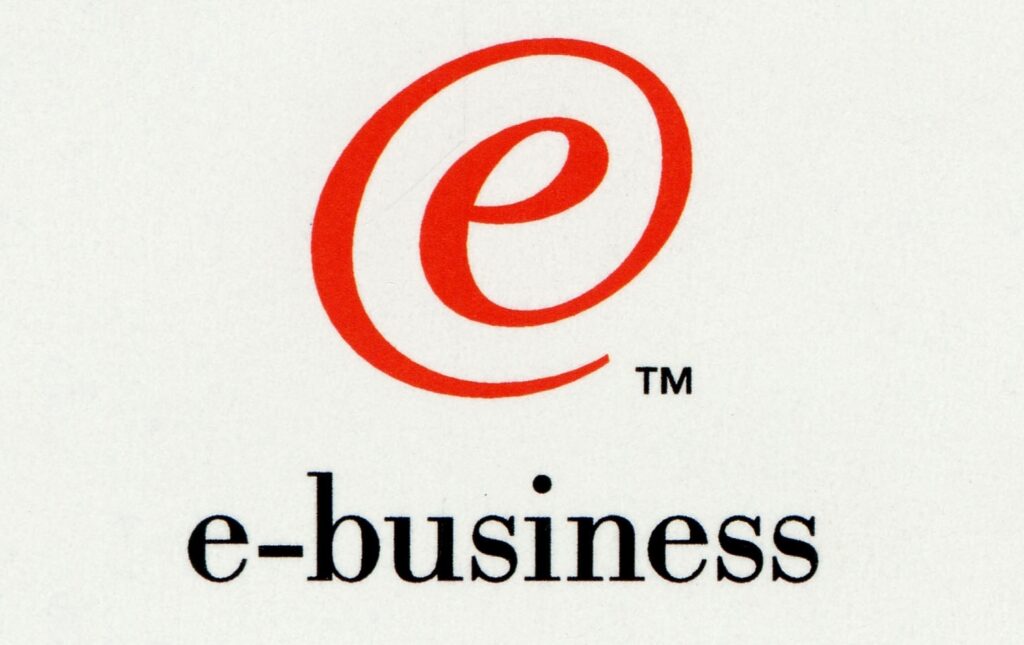It's important to understand that in the late 90s and early 2000s, the dot-com world was abuzz with the excitement of the e-commerce revolution. Every day, companies based around pet food, toy shopping, and web hosting went public and were rewarded with huge valuations. At the time, IBM's message that the Internet would change more than just commerce was unusual. It predicted a business mode in which traditional processes would merge with Internet technologies. Its arrival meant that every business would need a web presence to protect its legitimacy and operate 24/7.
In general, it allows companies to respond faster to market changes, shorten product development cycles, enter new markets, and better serve their customers. And, importantly, this always-connected world highlights the importance of security. As denial-of-service (DoS) and other malicious attacks become more prevalent, every business will need to invest heavily in cybersecurity while building the capabilities to handle increasing web traffic. So the company began to position itself as a leader in providing security solutions for the e-business era and as a defender of individuals' rights to own their data and maintain privacy, an issue that would emerge decades later across industry, government, and society.
“E-business security is built on a foundation of confidence and trust: the confidence to operate your business in a secure environment, knowing that all critical data is protected; and the trust to let customers, suppliers and business partners know that any sensitive information collected during online transactions remains private,” an IBM white paper states. “Security and Privacy in the Electronic Business World” Asserted in 2000: “Privacy is the right of individuals to decide when, how, and to what extent their personal information is communicated to others.”
IBM's messaging from that era proved prescient in other ways too. It predicted that the advent of e-business would allow banks to build electronic debit services so customers could shop in virtual stores. It predicted that universities would soon be creating online archives of radiology, ultrasound images, MRIs, and CAT scans to replace vast physical film libraries. It predicted that publishers would be able to open online stores for books, movies, music, and videos. It predicted that consumer goods companies would be able to manage orders online and monitor, update, and replenish inventory in real time.
Of course, all of this came to pass. And so much more. The fact that the term “e-business” has disappeared only underscores how prescient it was. In the end, e-business just became business.


